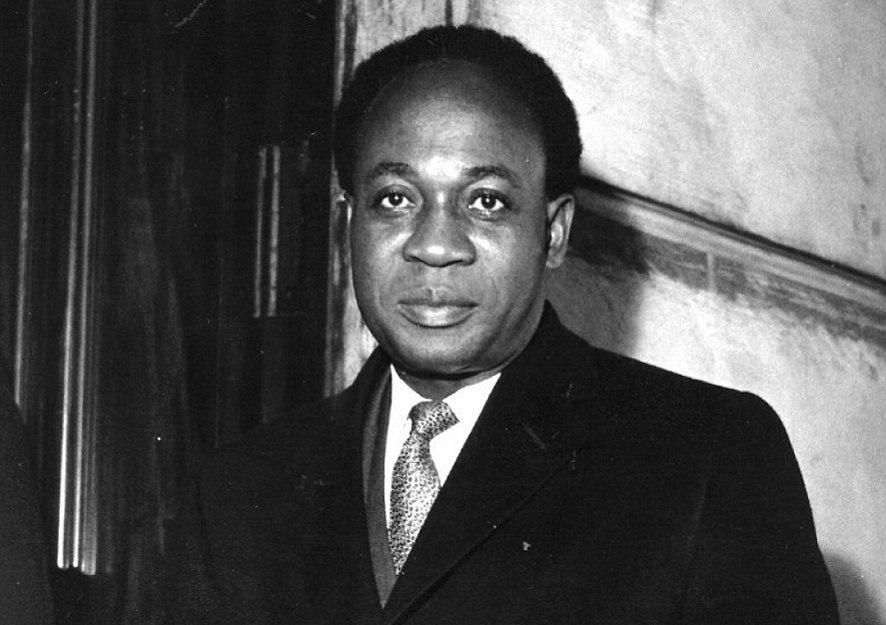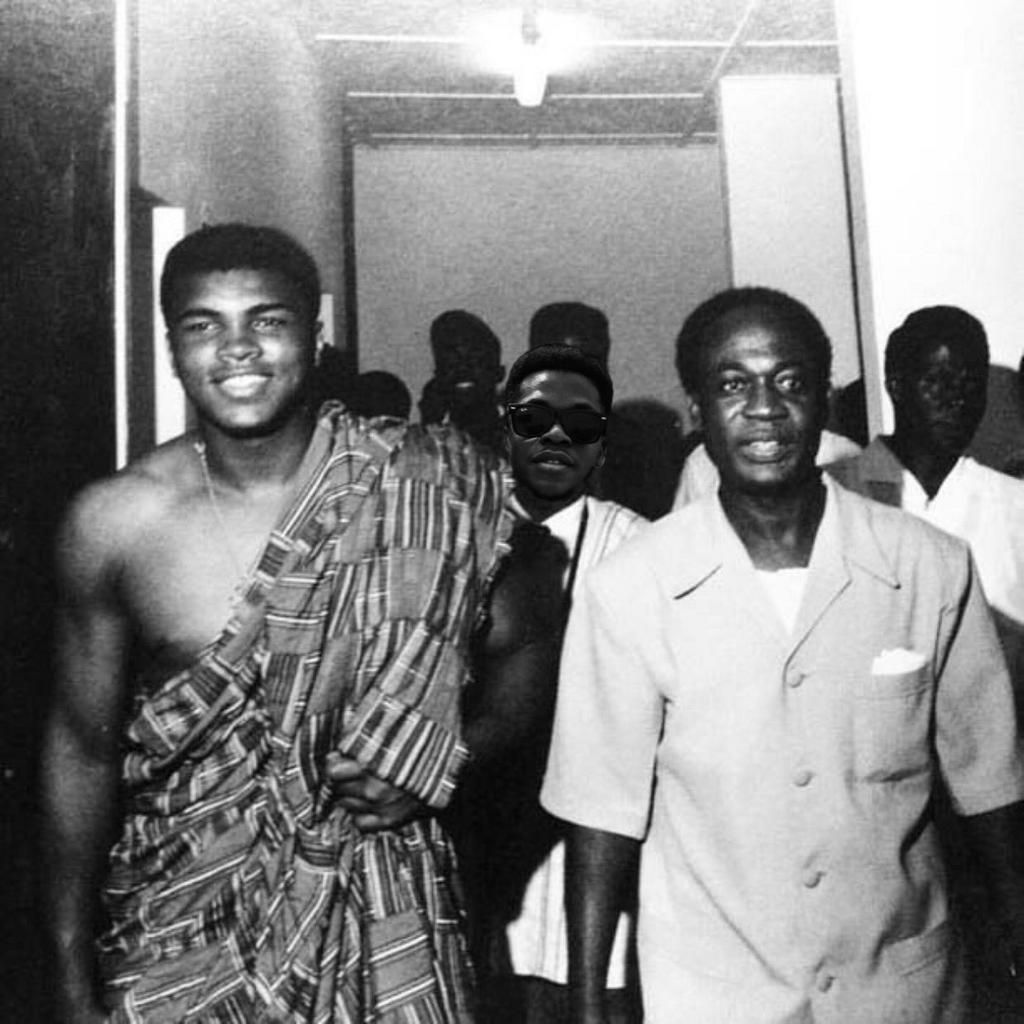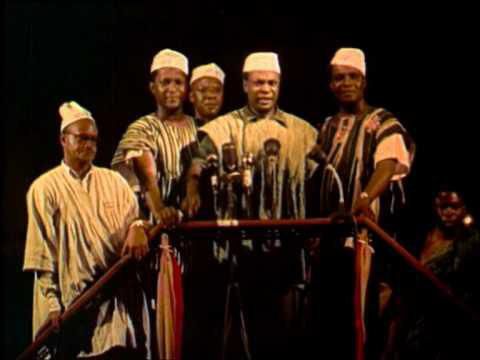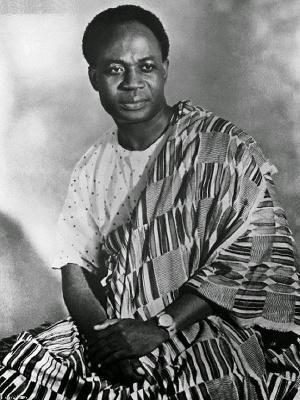Kwame Nkrumah's look and style: A reflection of his pan-African vision
)
His distinctive look and style were more than personal preferences; they were a reflection of his unwavering commitment to Pan-African unity and culture.
Nkrumah's wardrobe was a captivating fusion of traditional African attire and Western suits. He often donned vibrant kente cloths, symbolizing Ghanaian royalty, alongside custom-tailored British suits and the flowing Batakari tops crafted from hand-woven fabric.

The hallmark of Nkrumah's fashion identity was the "Zhou Enlai" suit, a style he adopted in the early 1960s. Characterized by its dark hues, long sleeves, and Nehru collar, this suit paid homage to his close friend and ally, Chinese premier Zhou Enlai.
Yet, Nkrumah's fashion choices were not merely aesthetic; they were a political statement. He ardently believed in celebrating African culture and heritage, viewing attire as a means to advocate for African unity and self-determination.

Nkrumah's selections were deeply rooted in his Pan-African vision. He envisioned a united Africa, free from the shackles of colonial rule, emphasizing the shared culture and history of all Africans. His attire often featured traditional garments from various African regions, epitomizing his commitment to this vision.
Nkrumah's fashion legacy remains a source of inspiration worldwide. His iconic style serves as a poignant reminder of his dedication to African culture and unity. His fearlessness in donning traditional African clothing during formal occasions shattered stereotypes and bolstered African pride.

Nkrumah's attire of a kente cloth and white shirt has become an enduring symbol of the African independence movement.
His Batakari at the night of independence declaration remains one if his iconic outfits that is used to promote Africanism.

Kwame Nkrumah's look and style were not just expressions of personal taste; they were a reflection of his profound Pan-African vision and his unwavering commitment to African unity and culture.
He was more than a political leader; he was a fashion icon who used his clothing to convey a powerful message and promote African pride.

)
)
)
)
)
)
)
)
)
)
)
)
)
)
)